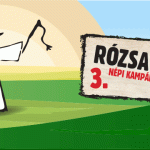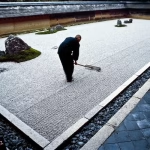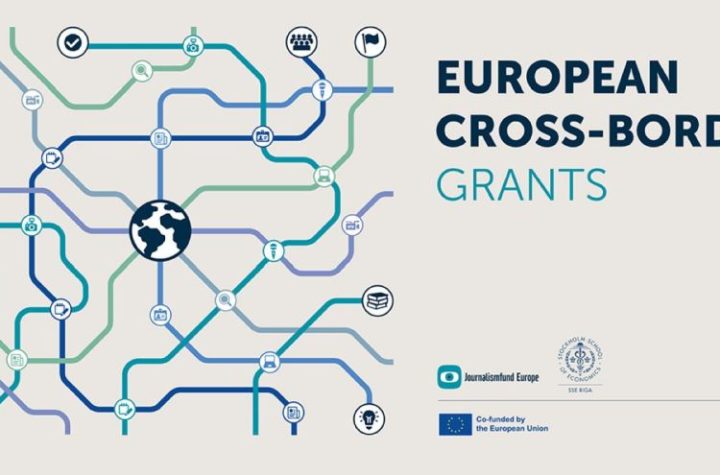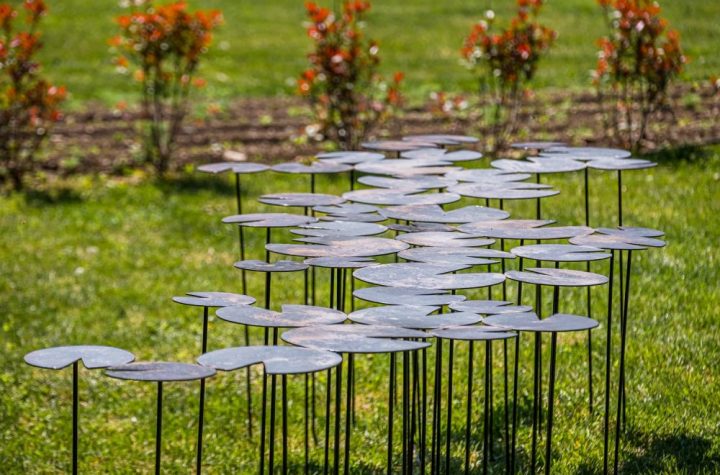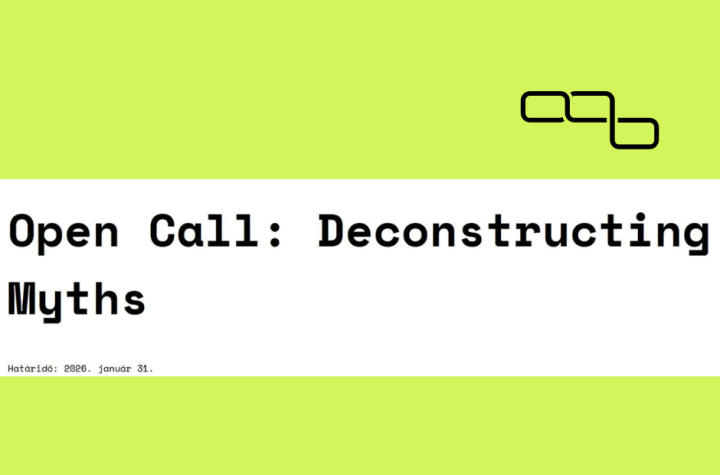 A The European Outdoor Conservation Association (EOCA) nemzetközi pályázatot hirdet természetvédelmi projektek megvalósítására.A pályázat célja, az európai szakágazatok segítése, a vad élőhelyek megmentése a természetvédelmi feladatok megvalósításához szükséges támogatással.
A The European Outdoor Conservation Association (EOCA) nemzetközi pályázatot hirdet természetvédelmi projektek megvalósítására.A pályázat célja, az európai szakágazatok segítése, a vad élőhelyek megmentése a természetvédelmi feladatok megvalósításához szükséges támogatással.
Pályázók köre: Non-profit szervezetek
A támogatás összege: max. 30.000 €.
Jogosultsági kritériumok
- A támogatás veszélyeztetett fajok és élőhelyeik védelmére kapható. A projektnek szellemi és gyakorlati munkarészből kell állnia.
- EOCA tagok, akár három projekttel is pályázhatnak.
Jelentkezési határidő: 2016 július 16.
Részletes kiírás (angolul)
Who can Apply?
Non profit organisations can apply to the Association for grants of up to €30,000 to implement a conservation project in any country around the world except North America (where the Conservation Alliance provides funding for conservation efforts from the North American outdoor industry). Projects must protect a threatened species or habitat AND have a link to the outdoor user. All projects MUST involve hands-on conservation work.
Members of the European Outdoor Conservation Association can nominate up to three projects (from different, or the same organisations) each year. If you, as a conservation organisation, do not have any personal contacts to our members, please do not worry! If your projects gets onto the shortlist, we will help you find a nominator!
APPLICATIONS FOR FUNDING – The application process for the next funding round (for funding in autumn 2016) will run from 1 – 31 July 2016.
Please also note that, for the July 2016 applications ONLY, we would like applications from conservation projects with a large element of tree / mangrove planting or regeneration. You will also need to ensure that your project addresses the other essential areas listed below.
The shortlist of projects is drawn up at the sole discretion of the General Managers, using criteria based on the points below. The General Managers will seek advice from EOCA’s Scientific Advisors if required.
The projects to successfully win funding will be chosen from the shortlist via a public vote. The public vote is held in conjunction with a range of national magazines throughout Europe. In Spring 2015, 31.5 million people were reached through this process and 36000 votes were cast!
The public vote involves some effort on the part of the projects involved, to mobilise supporters and generate votes for their project. However the process also gives projects a very valuable opportunity to raise the profile and awareness of their organisation and its work in an international arena.
If you have an appropriate project which needs funding, please apply directly to us via this website. If an EOCA member has asked to be the nominator for your project, please indicate this on the application form. If you do not already have a nominator for your project – just leave this question blank on the application form.
We would very much like to see a specific link to the outdoor user in all projects:
LINK TO THE OUTDOORS
As EOCA is raising money from the European outdoor industry, we feel that conservation and restoration work should go hand-in-hand with responsible use of the ‘wild’ areas we all enjoy. This is intended to be a positive, rather than limiting focus and may include enhancing the visitor’s experience in an area as well as protecting an area from any detrimental impact caused by the visitor. It will make projects very relevant to those that are contributing towards their funding. As a small organisation, we hope that, not only will this give the projects we support a unique and specific focus, but will help other smaller organisations, which may not otherwise be considered for funding elsewhere, attract a grant from EOCA.
Extra points will be given for innovative solutions to ‘old’ problems, particularly if they can be transferred to other geographical areas!
Please read the following carefully before you submit your application form to the Association. It will help you understand the types of nature conservation projects we are looking for and the information we need from you.
The two main areas that must be addressed in your application are:
1. Protect, enhance or restore threatened key species, habitats or broader ecosystems in ‘wild’ areas (10 points)
EOCA defines ‘wild’ areas as non-urban environments and ecosystems occurring in as natural a state as possible, given the area’s location and use. This may include for example moorland, hills, mountains, coasts, rivers, forest, grassland, peatland and ocean areas. ‘Key’ species, habitats or ecosystems are defined here as those which are threatened, those which play a ‘keystone’ function, or those which are indicators of broader ecosystem health*. The project must identify and address the key threats to the species, habitats or broader ecosystems, and how it will protect and /or enhance them. Innovative solutions to ‘old’ problems will be especially welcome!
*Is the species an ‘indicator’ of wider habitat and ecosystem health? i.e. by recovering its populations, will it have a beneficial effect on other species and wildlife communities? Can the species be considered a ‘keystone’ species i.e. one that has a disproportionately large effect on its environment relative to its abundance, and may create conditions for other species to thrive?
2. Consider the needs of the outdoor enthusiast (10 points)
The project must enhance the experience of outdoor enthusiasts as well as protecting the identified species, habitat or broader ecosystem from any negative impact by their visits. Projects may, for example, enhance a visitor’s experience by protecting a threatened species they might then see, or protect an area by ensuring trails / rock faces / waterways and /or associated information / education keeps visitors from damaging fragile habitats or disturbing vulnerable wildlife.
At this stage, if the project being assessed receives less than 12 points, it will not proceed any further in the application process.
Project Outcomes:
Your application should include 3 easily identifiable and measurable outcomes to show how the project will address the issues above. They should consider:
1. Conservation measures addressing specific issues and root causes (5 points)
What are the identified threats to the species / habitat / ecosystem? What are the impacts of these threats? How are these threats going to be eliminated, alleviated or better managed? How will the habitat / ecosystem be protected, enhanced or restored? How will the project assess the desired outcomes of the project? How will the experience for the local community, the visitors and the habitat be enhanced in the long term?
2. Involvement / engagement of local people (5 points)
In order for a project to be sustainable, it is vital that local people are fully engaged. If local communities and also communities of interest are not involved, they may not feel any need or desire to ensure that the good work that has been started continues into the future. Obviously, if specialist work needs to be carried out, relevant experts may need to be brought in, but wherever possible, projects will involve the local community, giving them ownership of the project and its outcomes, and contributing to their livelihoods during and after the project.
3. Education and communication (5 points)
Education and communication should be aimed at both local communities and visitors. Education should include communicating responsible ways of enjoying the project area, suggestions as to how visitors and locals can reduce threats to the species, habitat or ecosystem, and ways in which they can help protect the biodiversity of the project area. How will you reach the potential visitors to the area effectively and communicate with the local community, and how will this process continue once EOCA’s funding for the project has finished?
The project needs to include practical on-the-ground conservation work and:
Be measurable and time orientated (5 points)
The work must be completed and demonstrate a clear and measurable impact between 12 months and 2 years from the project start date.
Provide a legacy (5 points)
The beneficial effects of the project should be sustained beyond the duration of the project. What processes will be set up to ensure the work that has been started will continue to be monitored and managed in the long term? How will the project benefit the livelihoods of the local people or the local economy both during and after the project?
The types of projects which the Association will not support (unless they are linked with local biodiveristy loss / education about conservation etc) are:
- Installation of alternative energy
- Community or Social Projects
- Alternative / sustainable transport
- Waste management projects (unless linked to detrimental effect on local biodiveristy / education of recreational users of the area). This includes local community recycling / incinerating projects.
- Building Projects
The Association will also not support projects:
- Which are party political or linked to religious groups
- Covering general overheads, maintenance costs or salary payments
- Seeking the acquisition of buildings
- Promoting violent or illegal action
- Involving lobbying governments / campaigning on environmental issues
Please note that projects that involve 100% research or education and no actual on the ground conservation work (such as tree planting, removal of invasive species, anti poaching measures, habitat restoration etc) are unlikely to be funded.
A pályázat honlapja: Pályázat természetvédelmi projektek támogatására






